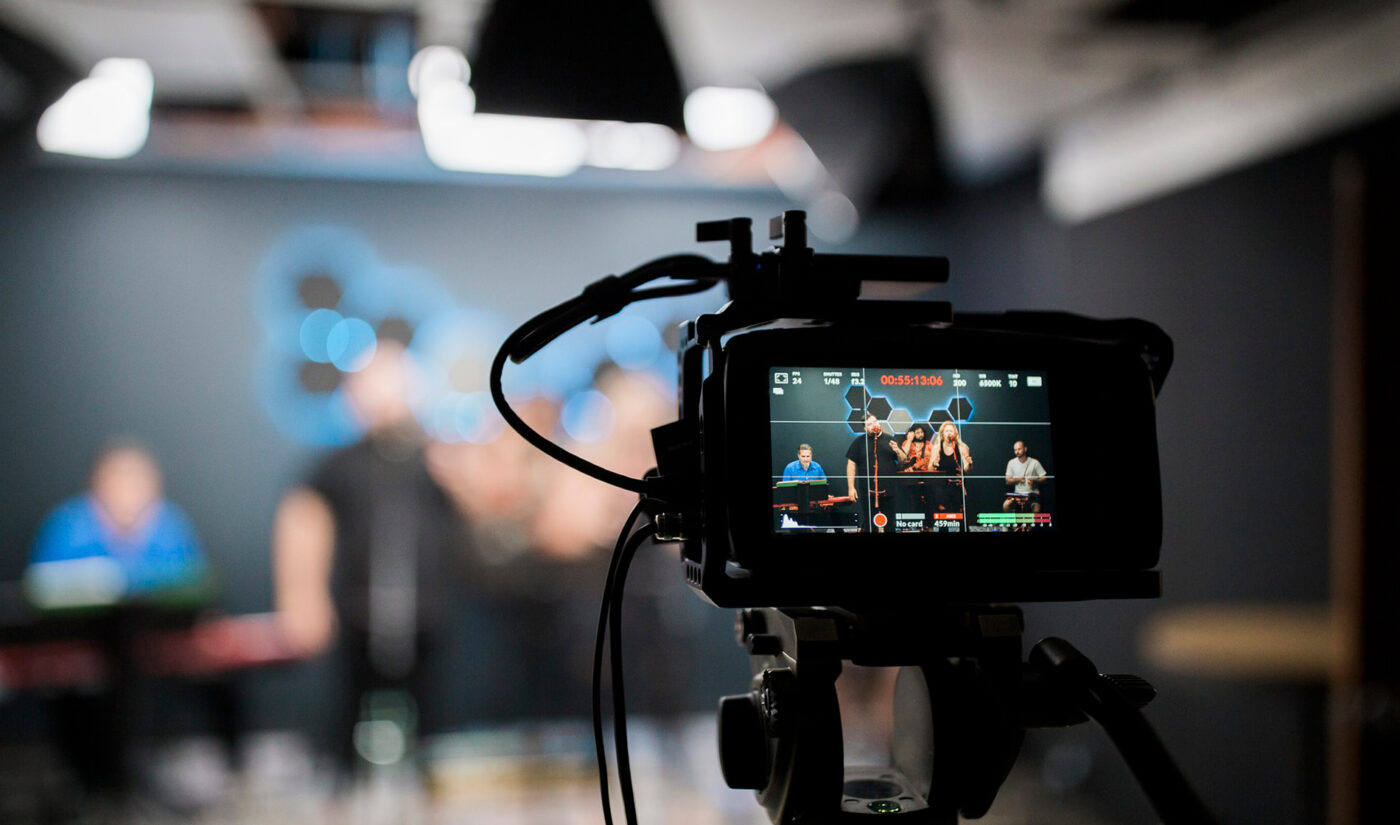YouTube has a court case that could help bolster its safe harbor efforts in the European Union.
In a June 22 judgment, the European Union Court of Justice ruled that YouTube is not legally liable when users upload copyrighted content like songs or movies, so long as it takes action to remove or block access to said content, Reuters reports.
This judgment was handed down simultaneously with judgment on a second copyright infringement case. YouTube’s suit came from from music producer Frank Peterson, who sued it and parent company Google because, in 2008, users uploaded copies of phonograms he owns the rights to. The second case was put forth by publisher Elsevier, which sued file hoster Cyando after users uploaded copyrighted material to its site in 2013.

Subscribe to get the latest creator news
The court’s ruling establishes that digital platforms operating in the European Union have at least some protections similar to safe harbor provisions laid out in the United States’ much-debated Section 230. (That is, they cannot be civilly or criminally liable for material uploaded by users.)
But the decision is not without limits. In the ruling, judges wrote that sites can still be legally liable if they “contribute, beyond merely making those platforms available, to giving access to such content to the public.”
What constitutes “contributing” is not exactly clear, so it’s possible that if, for example, YouTube’s recommendation algorithm surfaces a creator’s video that contains a copyrighted song, YouTube could be open to a lawsuit for “giving access” to that song.
Platforms can also be liable if they don’t implement technology that seeks and removes copyrighted content uploaded by users, per Reuters.
“YouTube is a leader in copyright and supports rights holders being paid their fair share,” a YouTube spokesperson told the outlet. “That’s why we’ve invested in state of the art copyright tools which have created an entirely new revenue stream for the industry.”
The spokesperson went on to say that in the past 12 months, YouTube has paid out $4 billion to the music industry, “over 30% of which comes from monetised user generated content.”
The EU has not yet implemented the more stringent copyright laws passed in 2019
While the rulings reaffirm YouTube (and by precedent other digital platforms) is legally protected, that’s just according to current rules. The infamously broader copyright laws that passed in 2019 contain measures that would hold platforms accountable for copyrighted content, but because they have yet to be implemented across much of the EU, the Court of Justice’s decision was based on previous laws.
When the new laws–which YouTube campaigned against in 2019 and said would “threaten hundreds of thousands of jobs, European creators, businesses, artists, and everyone they employ”–are implemented, they will require platforms to preemptively block any copyrighted content from being uploaded. If sites fail to do so, they could be vulnerable to legal action for violating copyright.
There is no official timeline for the new laws’ implementation; Reuters reports it has been slowed by COVID-19.
You can read more about YouTube’s efforts to combat the new laws here.








